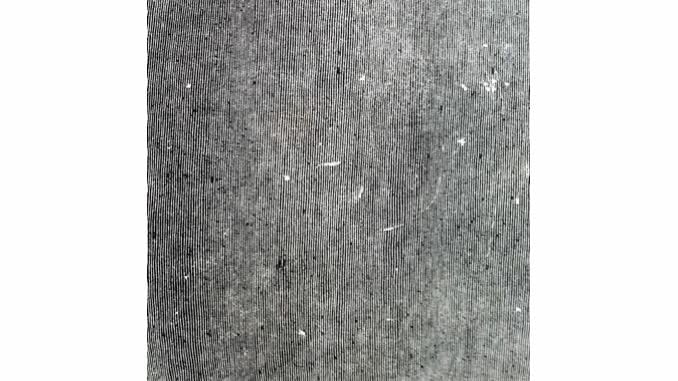Low Find Stability in Turmoil on HEY WHAT
Alan Sparhawk and Mimi Parker’s 13th album in nearly three decades—and first as a duo—is a visceral treatise on modern-day existential dread

After what sounds like a mechanical bull backfiring inside a hall of mirrors, Alan Sparhawk and Mimi Parker light the whole cow on fire and let it explode. On “White Horses,” the opener of Low’s 13th album HEY WHAT, Sparhawk’s voice and guitars are among the loudest and clearest they’ve been across 13 albums spanning nearly three decades, with Parker’s harmonies not far behind in heft and lucidity. If the ever-mercurial married duo (HEY WHAT is technically the first album Low created as a duo—Steve Garrington, their fourth bassist, departed last year) have long sounded listless and adrift amid myriad moments of personal and political uncertainty, HEY WHAT reimagines Low as a vehicle for powerhouse vocals, high-Richter-scale distortion and blink-and-you’ll-miss-it percussion. The duo’s recent fascination with 21st-century disconnection continues, but the bombast is louder and the tranquility is quieter, and in focusing on lucid melodies and unobscured fidelity, they’ve created their most visceral work yet.
In some ways, HEY WHAT is a logical outgrowth of the drastic left turn Low took with 2018’s Double Negative. On that album, Low deconstructed the elements of mid-tempo rock music, kept fragments of the brusque force they began exploring on 2015’s Ones and Sixes, and rebuilt what they’d destroyed with unsettling drones, noise and political ire (a thread loosely woven throughout the Low catalog). All these elements foggily ricocheted off one another with the same nauseating paralysis of scrolling through the headlines in this godforsaken era. This doom spiral of apocalyptic crackle and haunting whispers was intentional, as Double Negative stemmed from Sparhawk’s disillusionment with Trump’s rise. Like both that album and Ones and Sixes, HEY WHAT finds Sparhawk and Parker pairing with Bon Iver affiliate BJ Burton to transform their foundational “slowcore” sound (a term they disavow) into something more akin to radio static, but now, instead of letting the ominous future get them down, they find resolve in the rubble.
Though not quite built from acceptance or optimism, HEY WHAT documents the choice to keep living a regular life when a full lifetime is increasingly not guaranteed. Sparhawk and Parker center the personal challenges that come with this determination and largely, though not entirely, abandon the political malaise of Double Negative to focus on how existential dread can make a regular old social or romantic life that much harder. On “Don’t Walk Away,” a couple who’ve shared a bed for eternity still feel distant from each other, and the softness of the track’s formless synths and electronic garble emphasize the emotional gap. Atop the biting grayscale tremolo of “I Can Wait,” Sparhawk and Parker wail viciously an emotional cycle involving despondent complacence, passion for another person and an urge to withdraw entirely. Their voices cut through the abrasive haze, just like a steadfast will to keep going can silence thoughts of giving into dismay.